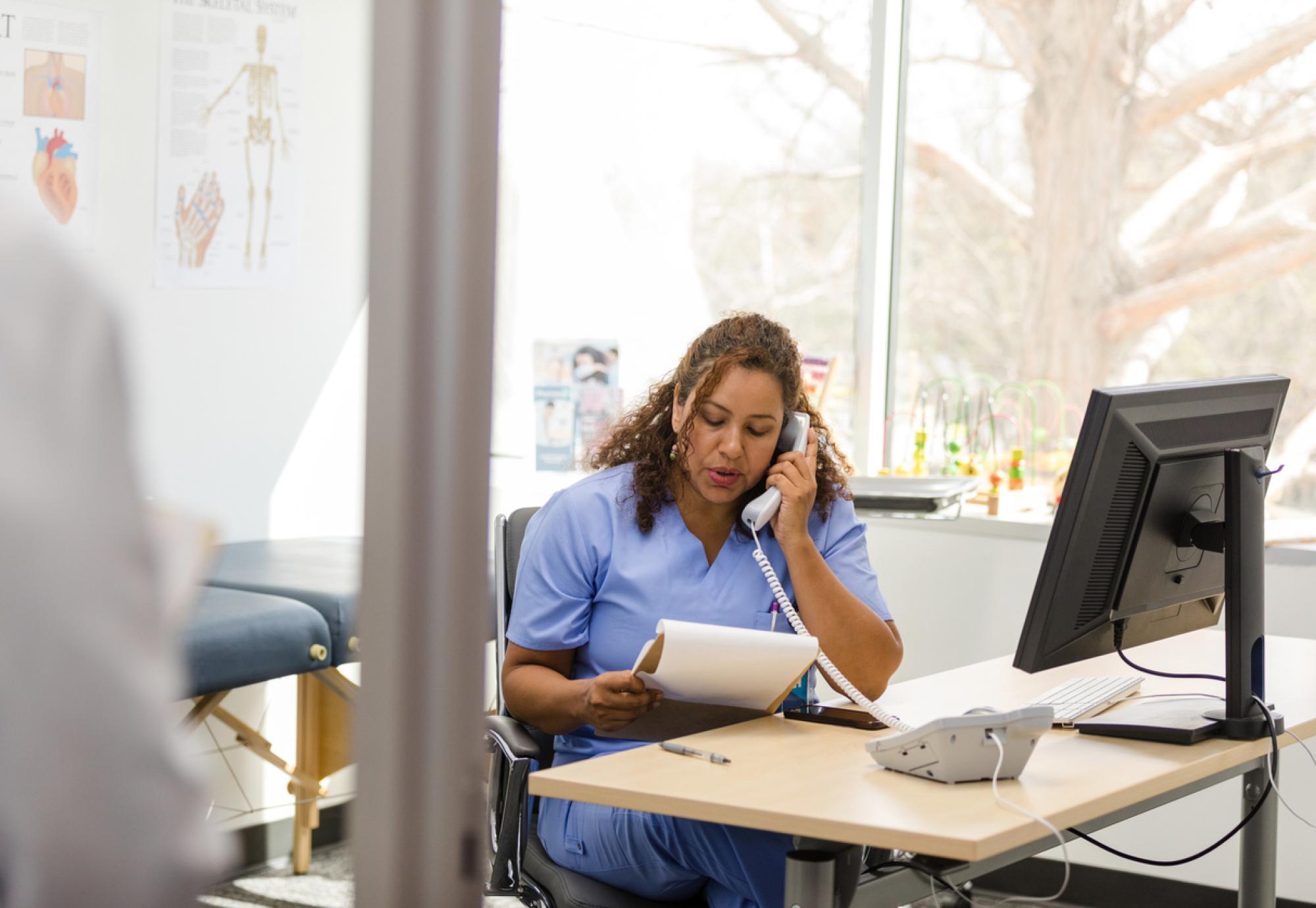Structured telehealth can help prevent loneliness and depression according to the results of a major study conducted during the pandemic.
Researchers from the BASIL+ trial – the largest of its kind to target and measure loneliness – showed that if older people received weekly phone calls over the course of around two months, their mental health and quality of life improved.
Levels of depression reduced significantly and the benefits were more pronounced than that observed in antidepressants.
Participants reported a 21% drop in emotional loneliness over three months, with benefits remaining after the phone calls stopped, indicating a long-term impact.
Hundreds of over 65s with multiple long-term conditions across 26 sites in the UK participated in the study.
These people had been asked to shield during the height of the Covid-19 pandemic and were seen as at a high risk of loneliness and depression.
A specially trained coach supported them with weekly phone calls encouraging them to keep active and stay in touch with people.
The study, published in the Lancet Healthy Longevity, was led by experts from the University of York and Hull York Medical School as well as those from Tees, Esk and Wear Valleys NHS Foundation Trust (TEWV).
The results of the BASIL+ study are expected to feed into the World Health Organisation’s commission on social connection, which was launched after loneliness was declared a global public health concern.
Funded by the National Institute for Health and Care Research (NIHR), the trial was also supported by:
- University of Leeds
- Keele University
- University of Manchester
- Age UK
Professor David Ekers, lead researcher at TEWV, said: “Based on our previous research, we had a good idea what might work. With the support of the NHS and the NIHR we were able to test this in a large rigorous trial. The results are now available, and this is very exciting.”
He continued: “The UK led the world with the vaccine discovery trials. Similarly in mental health we have advanced the science of ‘what works’ in the area of loneliness, and we have learned much from the dark days of the pandemic.”
Lead researcher at the University of York and Hull York Medical School, Professor Simon Gilbody, added: “We now know that loneliness is as bad for your health as smoking 15 cigarettes a day and depression is a silent killer.
“All of us working on the BASIL+ trial had older parents and relatives who became socially isolated during lockdown.”
Image credit: iStock



















